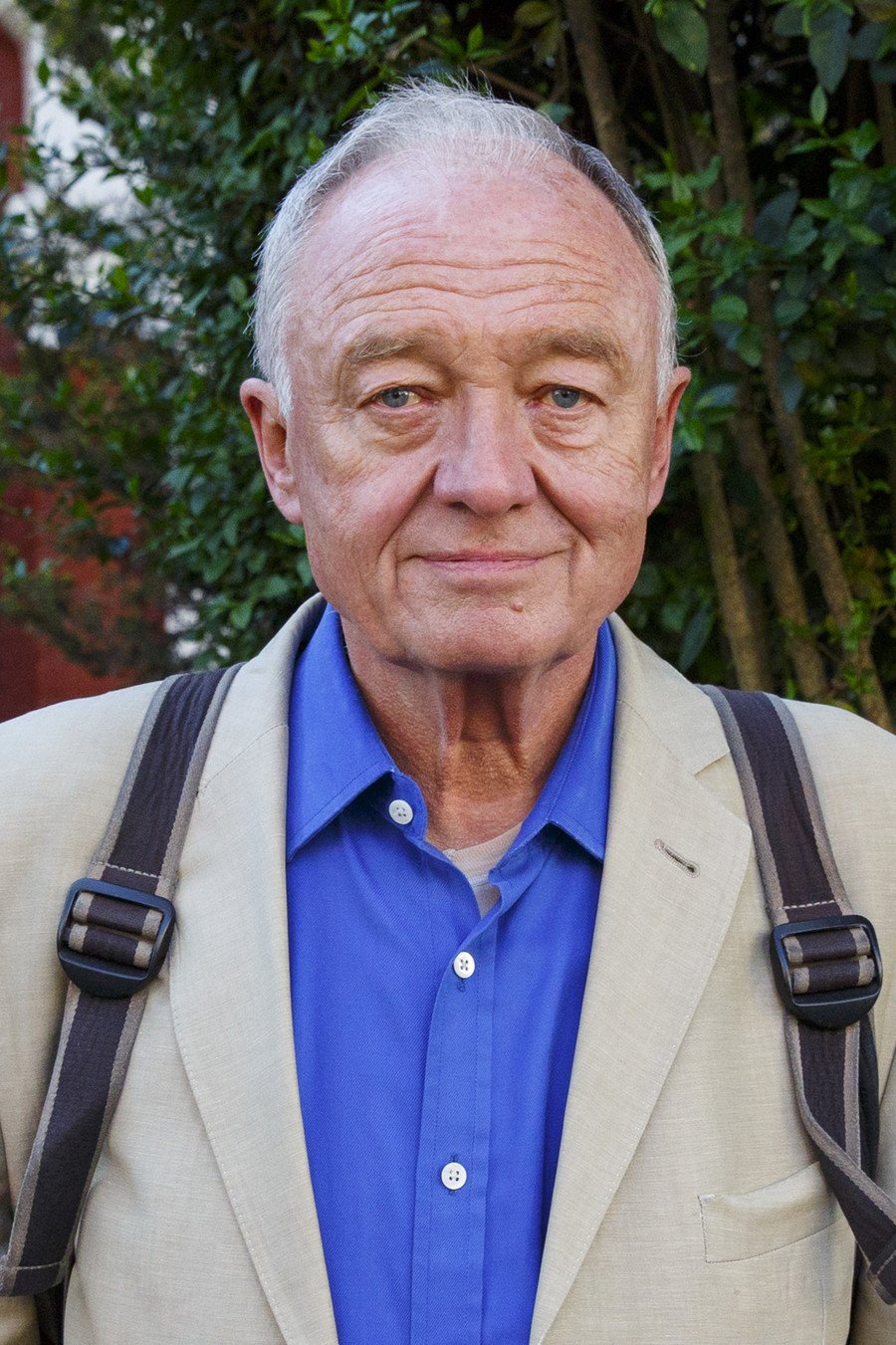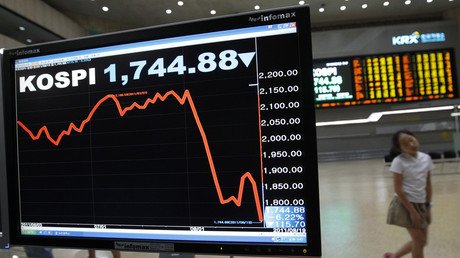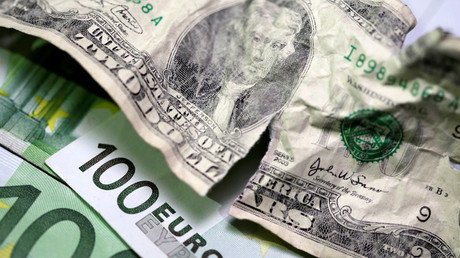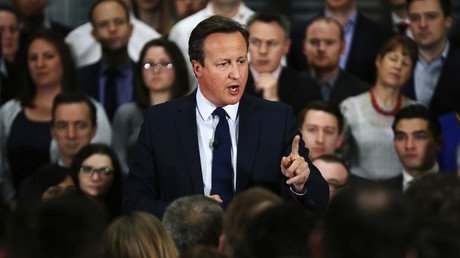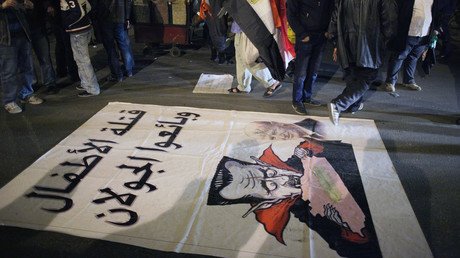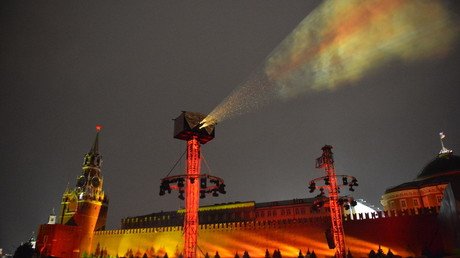Ken Livingstone: Decade after 2008 crisis, no changes made, richest get richer, inequality growing
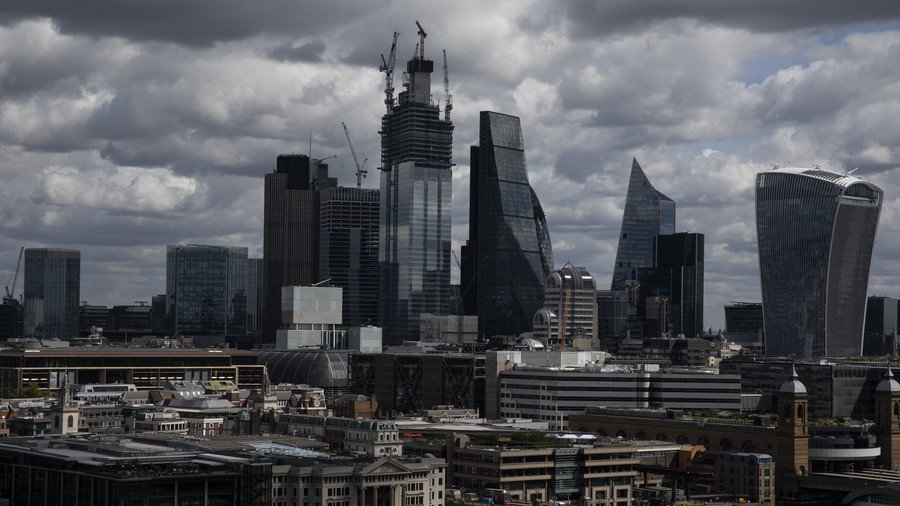
This month marks 10 years since the collapse of Lehman Brothers created the worst economic crisis since the Great Depression of the 1930s, but governments have failed to make changes necessary to prevent a similar collapse.
Back in the 1930s, the US government responded to the Great Depression by introducing new laws that made it illegal for the local high street banks, in which we all deposit our own money, to make risky gambling decisions.
If anything, the financial sector is growing more powerful and wealthier than at any time in the past. More and more of the wealth created across the world is going into the pockets of the richest one percent and via methods that mean they seldom pay any tax whatsoever. The result is that across the Western world inequality is getting dramatically worse and the lives of ordinary people are being squeezed and it is the anger of ordinary people responding to this injustice that fuelled the vote to elect Trump as president and to take Britain out of the European Union. To understand how we can cope with this we need to look at the history of how the financial services became the predominant global power.
Over the centuries there have been several unsuccessful attempts to reform the City of London's financial centre. Following the creation of the Labour Party one of its central planks was its opposition to the City and in particular the independent Bank of England. The leading Labour politician in London, Herbert Morrison, towards the end of WWI said: "Is it not time London faced up to the pretentious buffoonery of the City and wipe it of the municipal map. The City is now a square mile of entrenched reaction, the home of the devilry of modern finance and that journalistic abortion, the stunt press. The City is an administrative anachronism."
Over the decades that followed the Labour Party continued to pledge to abolish the corporation and include it in the wider London government. Labour's current shadow chancellor John McDonnell said: "The traditional Labour position was to control the finances of the country in the long term interests of its people."
In the run up to the 1945 election Labour leader Clement Attlee said: "Over and over again we have seen that there is in this country another power than that which has its seat at Westminster. The City of London, a convenient term for a collection of financial interests, is able to assert itself against the government of the country. Those who control money can pursue a policy at home and abroad contrary to that which has been decided by the people. The first step in the transfer of this power is the conversion of the Bank of England into a state institution."
When the Bank of England was created in 1694 it was largely to provide credit for building our navy and ushered in a financial revolution which led to the creation of mortgage markets, Lloyds of London insurance, a stock exchange, a financial press and the rapid expansion of overseas trade. But although Attlee's government did nationalise the bank in 1946, the bank had powerful cards to play, in particular its control over the nation's money.
Interestingly when Labour lost the 1951 election Winston Churchill's government did not repeal the nationalisation of the bank. That may well be because Churchill had discovered that during WWII the governor of the Bank of England had transferred a substantial proportion of Britain's gold reserves to Nazi Germany because we owed them the gold but the governor of the bank never consulted the government before he did this.
Although Attlee had nationalised the bank it continued to be run by the same group of old Etonian merchant bankers. Although the government had acquired powers to issue directions to the bank it admitted in 2010 that 'Thus far the power has not been used.'
When Harold Wilson's Labour government was elected in 1964 and discovered that our trade deficit was twice what the outgoing Tories had admitted he gave in to pressure from the bank's governor to slash most of his spending promises, causing him to say "Who is prime minister of this country Mr Governor, you or me?"
Some chancellors of the Exchequer have been a bit firmer with the bank than Wilson was. When Tory Ken Clarke became chancellor after Britain's eviction from the Exchange Rate Mechanism in 1992, he constantly resisted the almost monthly demand from the governor to increase interest rates. Ken represented a constituency with a still substantial manufacturing sector and he knew increasing interest rates may very well benefit the financial sector but usually damaged our manufacturing.
Increasing interest rates have an impact on driving up unemployment and whilst that post-war Attlee government kept interest rates to two percent and unemployment fell to its lowest level in the post-war era, most Tory and Labour governments have given in to the demand for an increase in interest rates which means we have never been able to get our unemployment down to the level of 1951.
Whilst the City continues to be a vastly powerful institution, it was transformed by Thatcher when she pushed through a massive deregulation of the financial sector in 1986. Before then the City was dominated by the old Etonian elite, now it was overwhelmed by foreign financiers descending and turning it into a genuinely more international institution.
When Tony Blair became Labour's leader he did a deal with the City promising them not to increase regulation of their powers and practices. This therefore made it easier for him to win the next election without opposition from the financial sector funding the Tories. Blair had effectively turned the Labour party into a vehicle the City fell in love with and finally scrapped Labour's long-term commitment to incorporate the City into the Greater London Council.
Even more bizarre was Blair's decision to change the balance of votes inside the City. Before Blair came to power nine thousand residents living in the City had one vote each but businesses in the City could vote as well and had twenty-three thousand votes between them. Blair allowed them to increase their votes to thirty-two thousand. The Guardian pointed out that he was giving companies 'Carte blanche to run the City.' Now the Bank of China, Moscow's Narodny bank, KPMG and Goldman Sachs are voting in British elections. Tony Benn was one of a few Labour MPs who opposed this saying "We are considering a corrupt proposal, we are being asked to legalise the buying of votes for political purposes. The City is an offshore island moored in the Thames with a freedom that many other offshore islands would be glad to have."
After WWII the creation of the Eurodollar market allowed US banks to shift money to London in order to avoid the restrictions placed on them in the USA. Britain made matters worse when it allowed many of its former small colonies to become tax havens. Just one building in the Cayman Islands is the legal headquarters for 12,000 corporations. In just the second quarter of 2009 the UK got net financing of $332 billion from three of its Crown dependencies which had just become offshore tax havens. The island of Jersey had effectively become an extension of the City. The Caymans have become the fifth largest financial centre in the world with over 80,000 companies headquartered there including three quarters of the world's hedge funds.
Some presidents have tried to tackle this. In 1961, President Kennedy tried to get Congress to pass legislation to "Drive these tax havens out of existence." His assassination brought that to an end and, half a century on, President Obama's promise to sponsor a bill to stop tax haven abuse in 2008 was eviscerated by financial lobbyists working in congress and brought no control over all the tax evasion and avoidance. Not surprisingly, no sooner had Obama won the Democratic Party's nomination for president than he was straight off to Wall Street to promise them he would not limit their powers if he became president.
Here in Britain the government claims that there is only twenty billion pounds worth of tax evasion and avoidance, but some economists estimate that it could be a hundred and twenty billion, and similar tax dodging carries on all around the world. Since Margaret Thatcher deregulated the banking system in 1986 and President Clinton abolished the bank regulation laws in 1998 the world's been transformed with wealth being shifted all around the planet so that the super-rich and the giant corporations don't have to pay their share of tax. The consequence of this has been a huge increase in inequality in Britain - it had doubled in the last forty years so that it is now as bad as it was in 1914. Labour's new leadership under Jeremy Corbyn and John McDonnell would almost certainly be committed to reforming this appalling and unaccountable concentration of power, so we can expect the financial sector to do everything in its power to stop Jeremy getting into Downing Street.
Think your friends would be interested? Share this story!
Subscribe to RT newsletter to get stories the mainstream media won’t tell you.
The statements, views and opinions expressed in this column are solely those of the author and do not necessarily represent those of RT.
